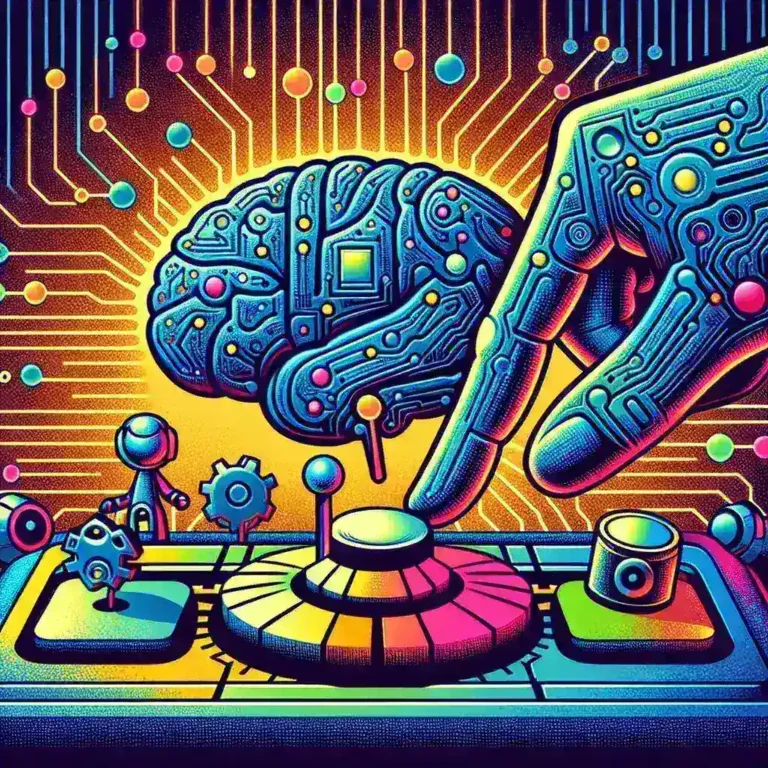Introduction
In the ever-evolving landscape of graphic design, Adobe has consistently been at the forefront, introducing innovative solutions that empower creatives. The latest breakthrough comes in the form of AI-powered typography assistants launched for U.S. creatives using Adobe Illustrator. This article delves into the features, benefits, and future implications of this remarkable advancement.
The Evolution of Typography in Design
Typography has always played a crucial role in visual communication. From the earliest days of print to the digital age, the art of arranging type has evolved. Historically, typography was a manual process, requiring a keen eye for detail and design. As technology advanced, so did the tools available for designers.
The Rise of Adobe Illustrator
Since its inception in 1987, Adobe Illustrator has been a staple for graphic designers. Its vector-based design capabilities have allowed creatives to produce scalable artwork with precision and ease. With the introduction of AI-powered features, Illustrator is set to redefine how typography is approached.
What Are AI-Powered Typography Assistants?
AI-powered typography assistants are intelligent tools integrated within Adobe Illustrator that assist designers in making informed typography choices. These assistants leverage machine learning algorithms to analyze design contexts, suggest font pairings, and optimize text layouts.
Key Features of AI Typography Assistants
- Font Suggestions: The AI can recommend font pairings based on design elements and themes, helping designers achieve harmony in their layouts.
- Readability Analysis: It evaluates text for readability and provides adjustments to improve legibility, ensuring that the message is conveyed effectively.
- Adaptive Learning: As users interact with the tool, it learns from their preferences, becoming more attuned to individual design styles.
- Quick Adjustments: Designers can make instant adjustments to spacing, kerning, and leading with recommendations from the AI.
Benefits for U.S. Creatives
The launch of AI-powered typography assistants presents numerous advantages for U.S. creatives:
Enhanced Efficiency
Designers can save valuable time by quickly accessing typography suggestions that align with their vision. This efficiency allows for more focus on creative exploration rather than technical adjustments.
Elevated Creativity
With AI handling the technical aspects of typography, designers can unleash their creativity, experimenting with new styles and ideas without the constraints of manual adjustments.
Improved Accessibility
U.S. creatives, regardless of experience level, can benefit from AI assistance. Whether a seasoned professional or a novice, these tools democratize design by making quality typography accessible to all.
Challenges and Considerations
While the advantages are significant, there are challenges to consider as well:
Over-Reliance on Technology
Creatives may become overly dependent on AI suggestions, potentially stifling their individual artistic voice. Balancing technology assistance with personal style is essential.
Understanding the AI
Designers need to understand how the AI makes suggestions. A lack of comprehension could lead to a disconnect between the designer’s vision and the tool’s output.
Looking Ahead: The Future of Typography in Design
As Adobe continues to enhance its tools, the future looks promising for typography in design. The integration of AI is just the beginning. Anticipated advancements include:
Personalized Typography Experiences
As AI technology evolves, we can expect even more personalized experiences, where the tool adapts to individual user habits and preferences, providing bespoke typography solutions.
Collaborative Design Environments
With cloud-based features, designers may collaborate in real-time, with AI suggesting typography adjustments that consider the collective input of the team.
Integration with Other Adobe Products
Future iterations may see seamless integration of typography assistants across other Adobe products, allowing creatives to maintain consistency in branding and design.
Conclusion
Adobe Illustrator’s launch of AI-powered typography assistants marks a significant milestone for U.S. creatives. By embracing this technology, designers can work more efficiently, creatively, and accessibly. As we look toward the future, the potential for AI in design is boundless, promising to transform how typography is approached in the digital age.




Leave a Comment